All About Aloe

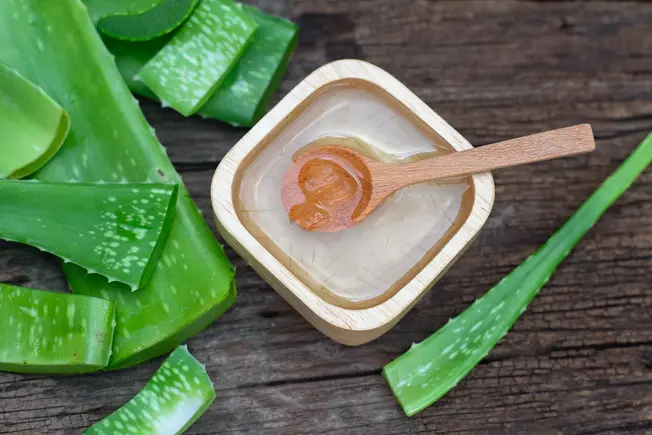
Wounds
Aloe vera is a time-honored treatment. Alexander the Great used the clear gel-like sap in the middle of its leaves to heal their wounded soldiers’ wounds. And while there’s some evidence it can help some types of wounds, it may delay healing in others. Talk to your doctor about whether aloe products are right for your injury.
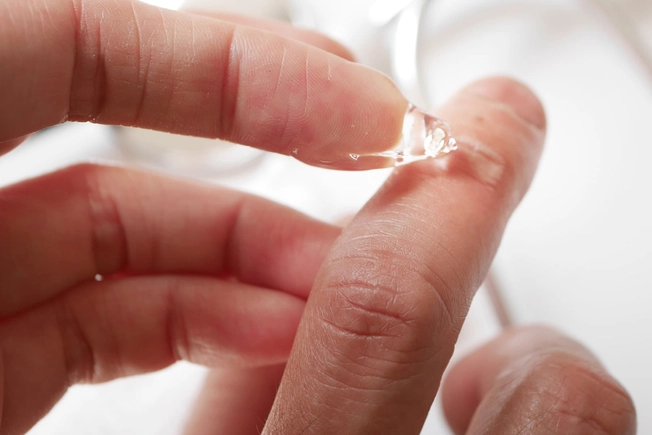
Burns
Here’s an area where aloe really seems to shine. A number of studies show that aloe ointments and creams can help burns, including sunburns, heal more quickly. Some substances in the aloe ease swelling and speed up healing, and others help your body repair the skin. But you need to see a doctor for:
- A serious burn
- A widespread burn
- A burn on the hands, feet, face, groin, or buttocks
- Any burn that looks infected
- A burn that affects the airways
- A burn that takes a long time to heal
- A burn caused by chemicals or electricity
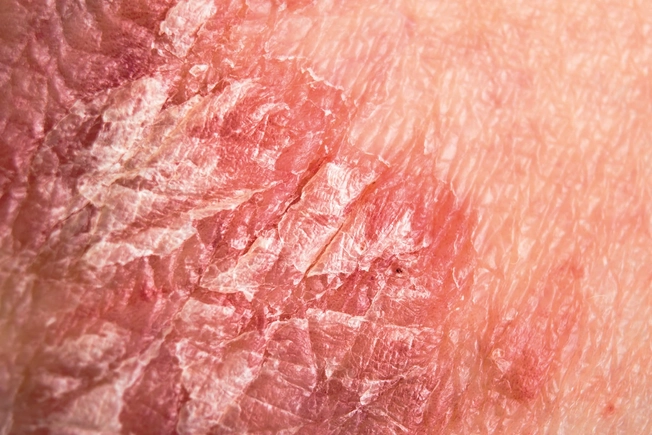
Psoriasis
Aloe extract cream seems to help some people with the dry, scaly, itchy, or painful skin it that comes with psoriasis. But aloe vera gel doesn’t seem to have the same effect, so ask your doctor if aloe cream could help you manage your psoriasis.
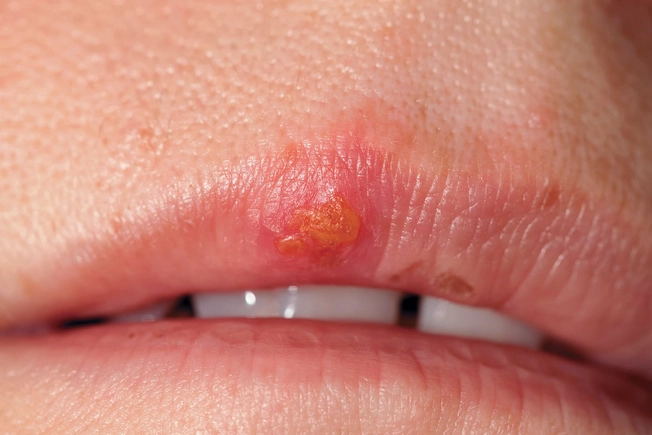
Cold Sores
The research is still early on this, but some of it shows aloe might help slow the growth of the virus that cause cold sores. Aloe extract cream may also help cold sores heal faster.
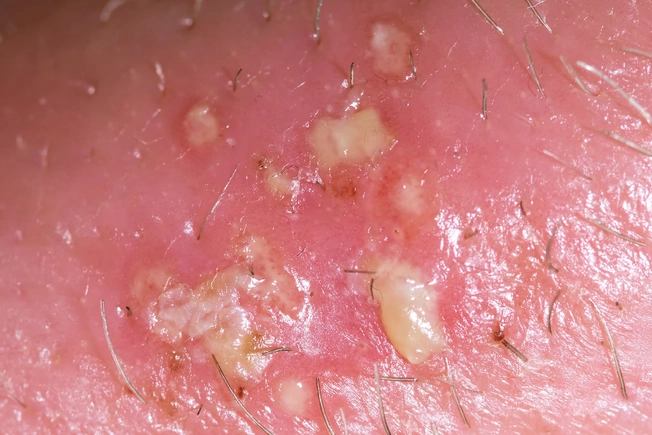
Genital Herpes
The same family of viruses (herpes simplex) that causes cold sores around your mouth can cause blistering sores on your private parts. In two research studies, men who used aloe cream on these sores healed faster than those who used aloe gel or a placebo cream. Part of the reason for this may be that aloe appears to slow the reproduction of the virus.
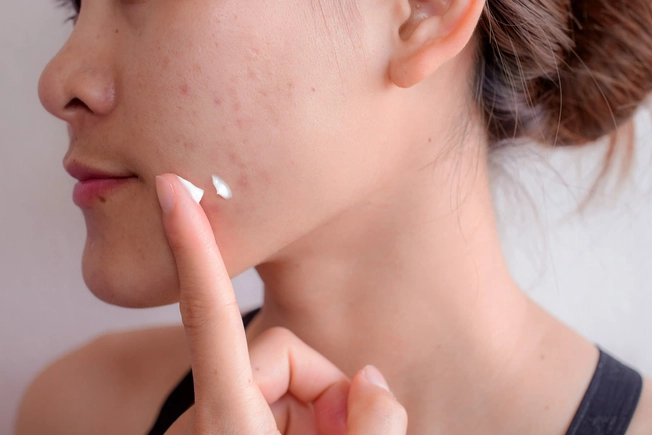
Acne
Research suggests that aloe gel may help clear up acne if you use it twice daily along with the prescription acne cream tretinoin (sold as Atralin, Retin-A, and others). In a separate study, doctors applied a standard 2-day wound-healing cream to a group of people after full-face dermabrasion, an acne treatment that sands the skin. When they added aloe to the cream on one side of the face, it healed much more quickly.
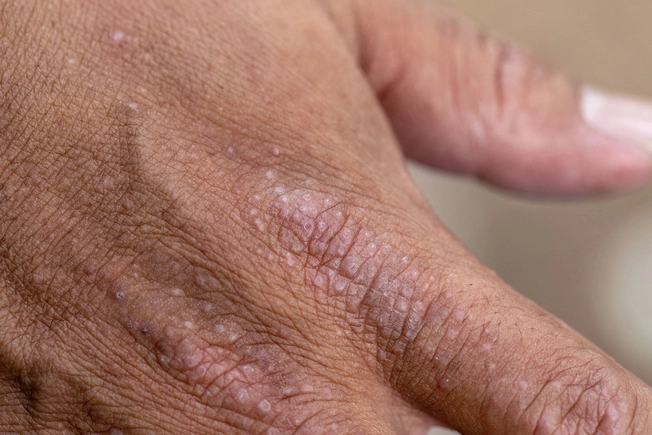
Dermatitis
This reaction causes swollen, red, itchy skin when you come in contact with something like detergents, soaps, poison oak, poison ivy, copper, grass, or nickel (in some jewelry). Aloe may help ease these symptoms along with those of seborrheic dermatitis, which often affects oily areas like your face, back, and chest.
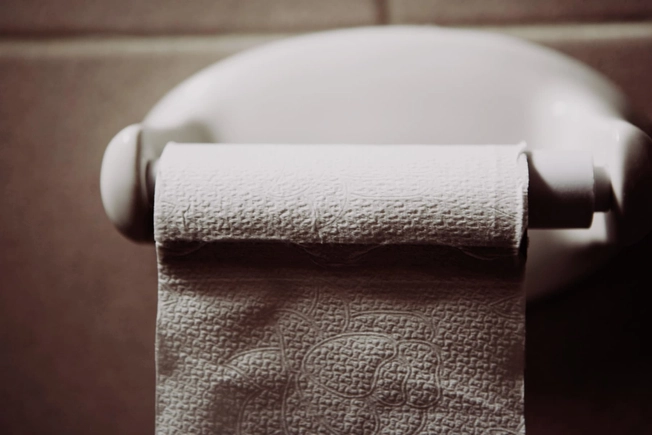
Constipation
Aloe works as a laxative if you swallow it. That is, it may make you poop if you haven’t been able to go. But it can cause serious stomach cramps, diarrhea, and other unpleasant symptoms, and the FDA says there isn’t enough research to be sure it’s safe. So it’s best to stick with more tried and true options at your drugstore. Talk to your doctor or pharmacist if you aren’t sure which laxative is right for you.
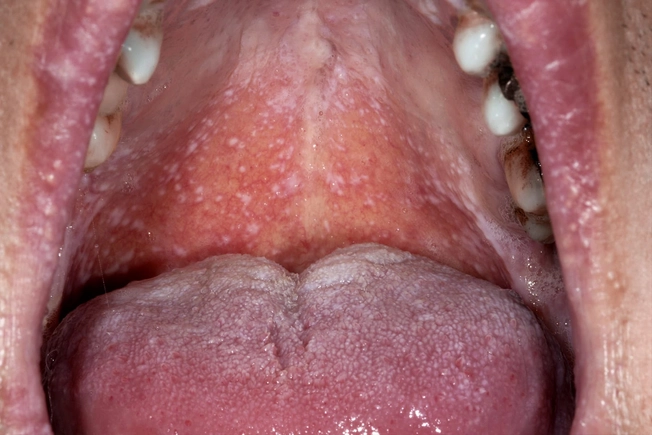
Oral Lichen Planus
Aloe gel seems to safely help get rid of these white, spidery, patches on the tongue or inside of your mouth that may become blistered or painful. Studies suggest it works as well as standard treatments like topical steroids.
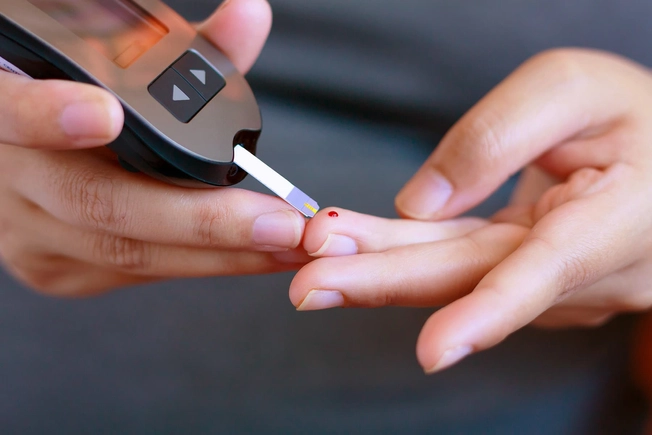
Diabetes
There’s evidence that aloe taken by mouth might help lower both blood sugar and cholesterol in some people with the condition. But it might interfere with medications like insulin, and it could make your blood sugar too low. Other studies, using different forms and doses of aloe, had different results. The bottom line: It isn’t clear if oral aloe is safe to use for diabetes. Scientists need more studies to sort these things out.
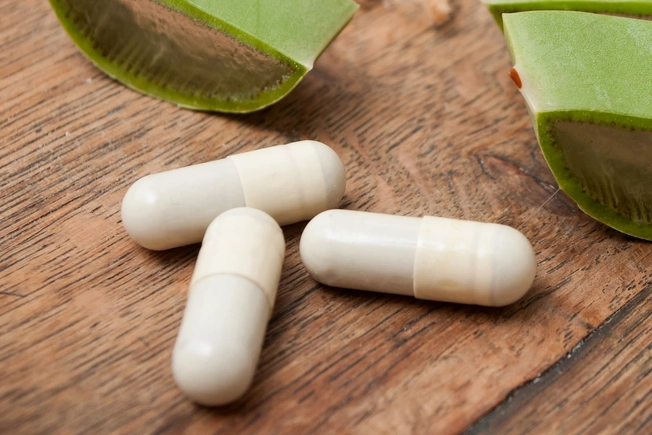
Aloe Effects to Avoid
Taken orally, just a gram a day could shut down your kidneys. You might have a bad reaction to aloe if you’re allergic to garlic, onions, tulips, or other members of the Liliaceae family. As a laxative, aloe could cause you to lose electrolyte minerals like potassium, which is a problem if you have kidney or heart disease. It may also harm your unborn baby if you’re pregnant.
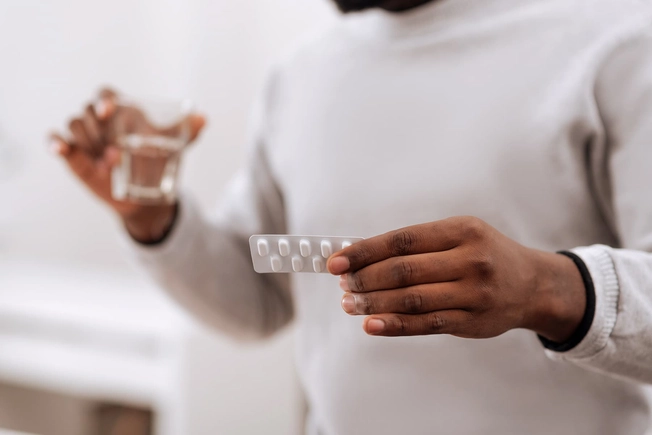
Drug Interactions
The creams and gels are mostly OK, but the oral form can change how some of your medication works, especially diuretics, digoxin (Lanoxin) for heart issues, blood thinners like warfarin (Coumadin), and diabetes meds. And remember that aloe vera is a dietary supplement, not a regulated drug. That means it’s hard to know exactly what’s in any aloe product. Tell your doctor about all supplements and medications you take, including aloe.